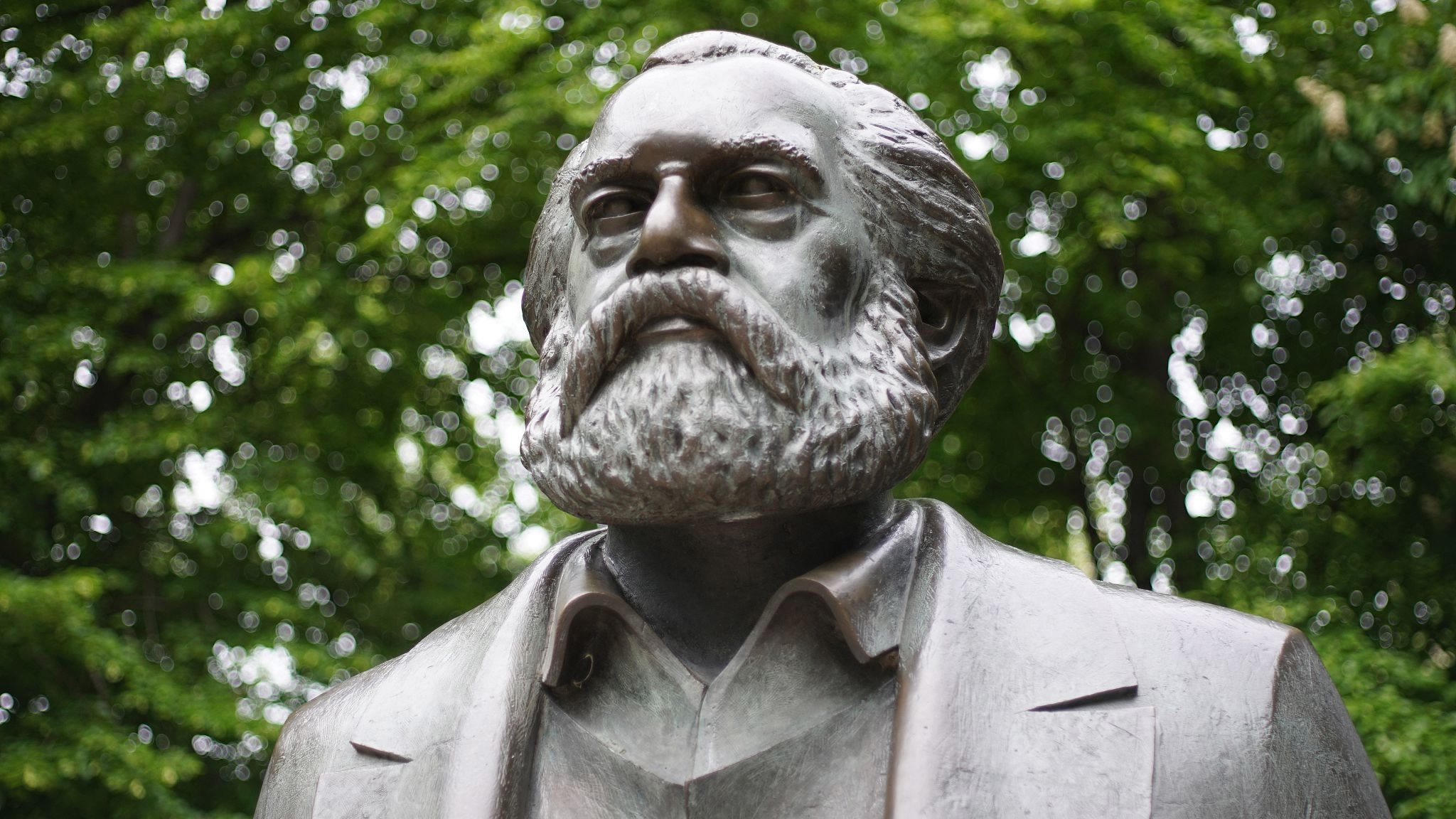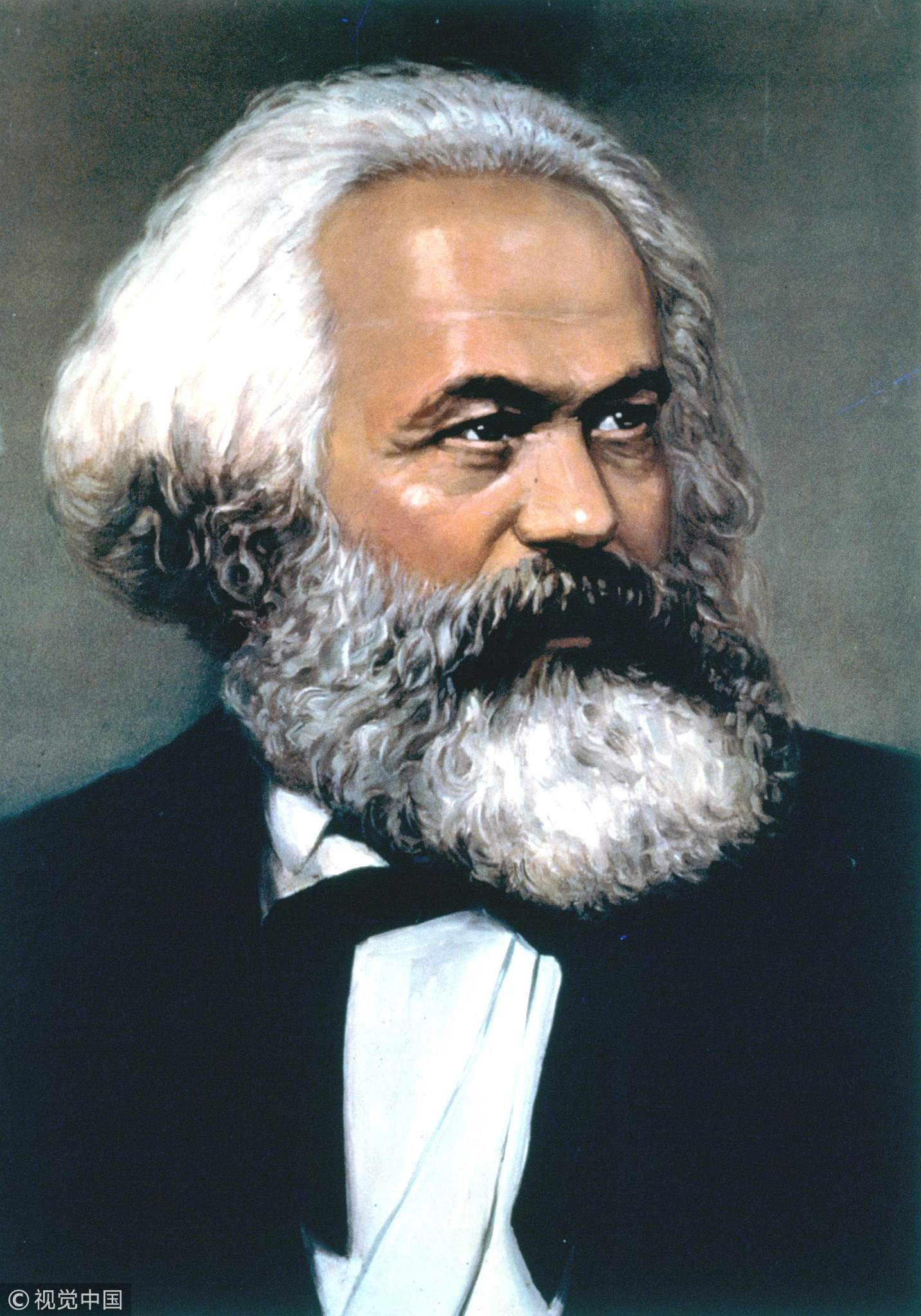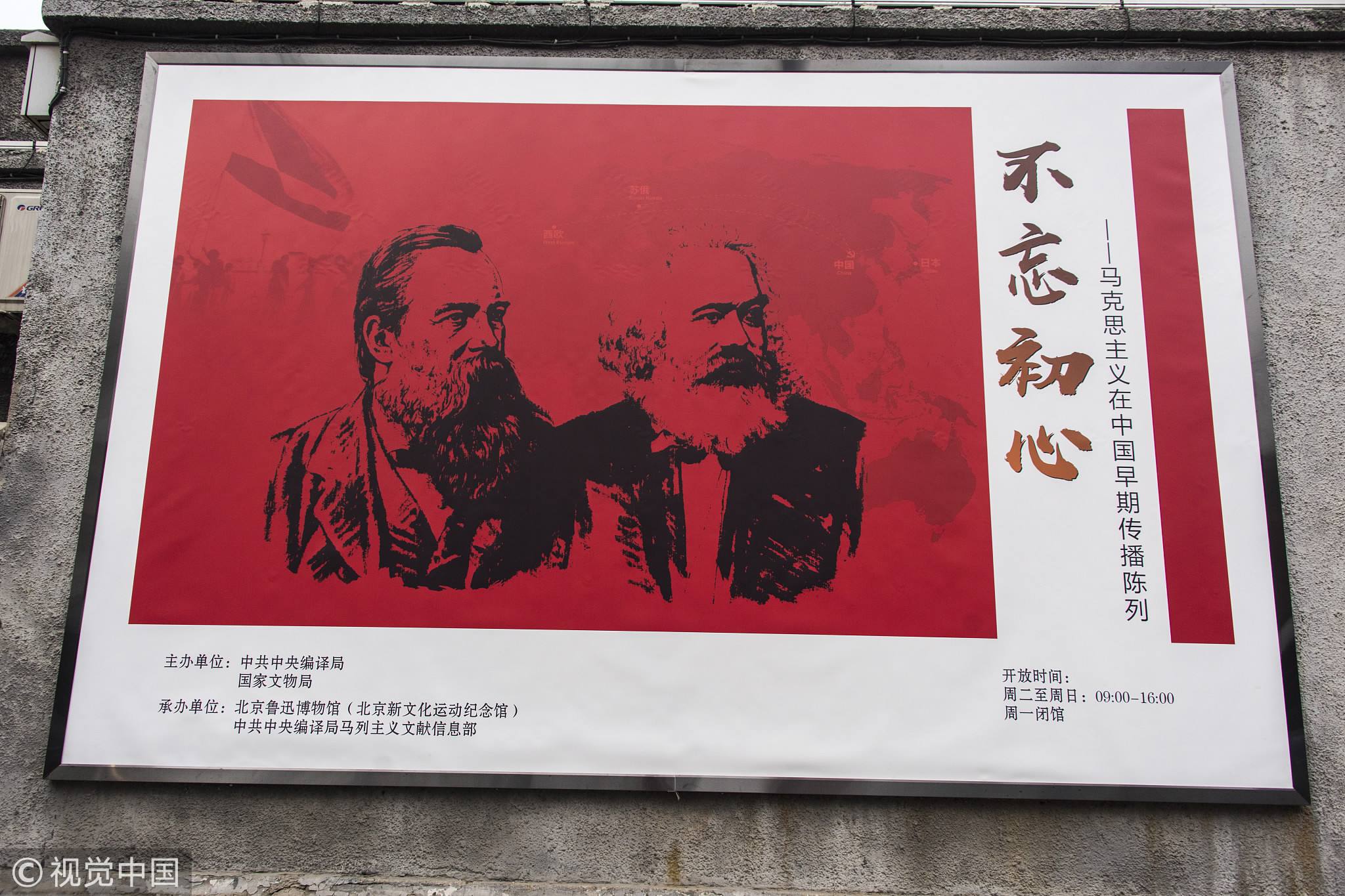
Opinions
16:11, 03-May-2018
Opinion: What is the contemporary significance of Marxism?
Guest commentary by Xia Lu

Born in a Jewish family and trained in the disciplines of law and philosophy, Karl Marx has inherited and further developed the abstract analysis of the history of human society especially since the Industrial Revolution.
If one seeks to understand Marxism via his miserable and floating real life experience, one may find that Marxism is by essence a radical thought, which aims at not only understanding and explaining the existing world but rather changing it.
Thus, one of the most significant historical values of Marxism is that one should keep a constant critical perspective to the situation and the way in which one thinks and lives and one should never easily accept and accommodate the existing regime.
It is also one of the reasons why Marxism has remained a guiding principle in China. In the revolutionary era, it was Marxism that provided the Chinese Communist Party with analytical tools and mobilization techniques so that the Party achieved great success which other political forces had long aspired yet never done.
And after 1949, it was Marxism that endowed the Party as well as the vision of a better society, i.e. communist society, which drove both the Party and Chinese people to fulfill that goal with radical methods.

Karl Marx, German social, political and economic theorist. Marx's (1818-1883) theories formed the basis of modern Communism./ VCG Photo
Karl Marx, German social, political and economic theorist. Marx's (1818-1883) theories formed the basis of modern Communism./ VCG Photo
Though it turned out to be some serious setbacks in terms of socio-economic development, it could hardly be argued that the original intention went wrong. When the CCP initiated the reform and opening-up in 1978, it was still Marxism that was kept in the minds of leaders, which sought to finally build up a well-off society that would benefit all of the people.
As a civilization and country with over two thousand years, China has abundant wisdom and thoughts in governing a huge and complex society and managing its elites and ordinary people. And China became China long before Marx was born. How could a relatively new and foreign school of thought help better understand and improve a relatively old country’s situation?
In my opinion, the keyword is globalization. It is more than apt to argue that Marxism largely comes from globalization. The social crisis it sought to tackle was due to the development of capitalism, which was the very product of globalization itself. Even Marx admitted in the Communist Manifesto that without full development of capitalism the feudalistic society could never have been toppled down and a proletariat socialist movement could hardly be successful all over the world.

Feb. 27, 2018: Exhibition of early spread of Maxism in China.
Feb. 27, 2018: Exhibition of early spread of Maxism in China.
Thus, one could argue that globalization is both the starting point and the critical target of the Marxist Theory. China has been brought into the globalization trend since mid-19th century and then has suffered from the trend for more than a century. But the Party leaders always realized the fact that China couldn’t prosper by itself while the whole world couldn’t prosper without China.
Therefore, China is now actively engaging in globalization. There will be problems, challenges, opportunities, and even unexpected crises, but all of these could largely be understood and solved via Marxism.
As a lecturer teaching Marxism and related courses in a prestigious university in China, the most frequently asked question by my students is how should one inherit and further develop the spiritual character of Marxism. For this, my answer is simple: never treat Marxism as a pure slogan or a piece of abstract art work just like one does to a famous painting and never treat Marxism as a rigid doctrine.
Instead, students and those who are interested in Marxism should take a step forward to think of it as a practical theory seeking to structurally understand and improve the society in which we live in. No single theory can explain and tackle all the issues facing human beings, however no progress can be made without a theoretical adventure and exploration.
(Xia Lu is an assistant professor of political science School of Marxism Studies at Renmin University of China. The article reflects the author's opinion, and not necessarily the views of CGTN.)

SITEMAP
Copyright © 2018 CGTN. Beijing ICP prepared NO.16065310-3
Copyright © 2018 CGTN. Beijing ICP prepared NO.16065310-3